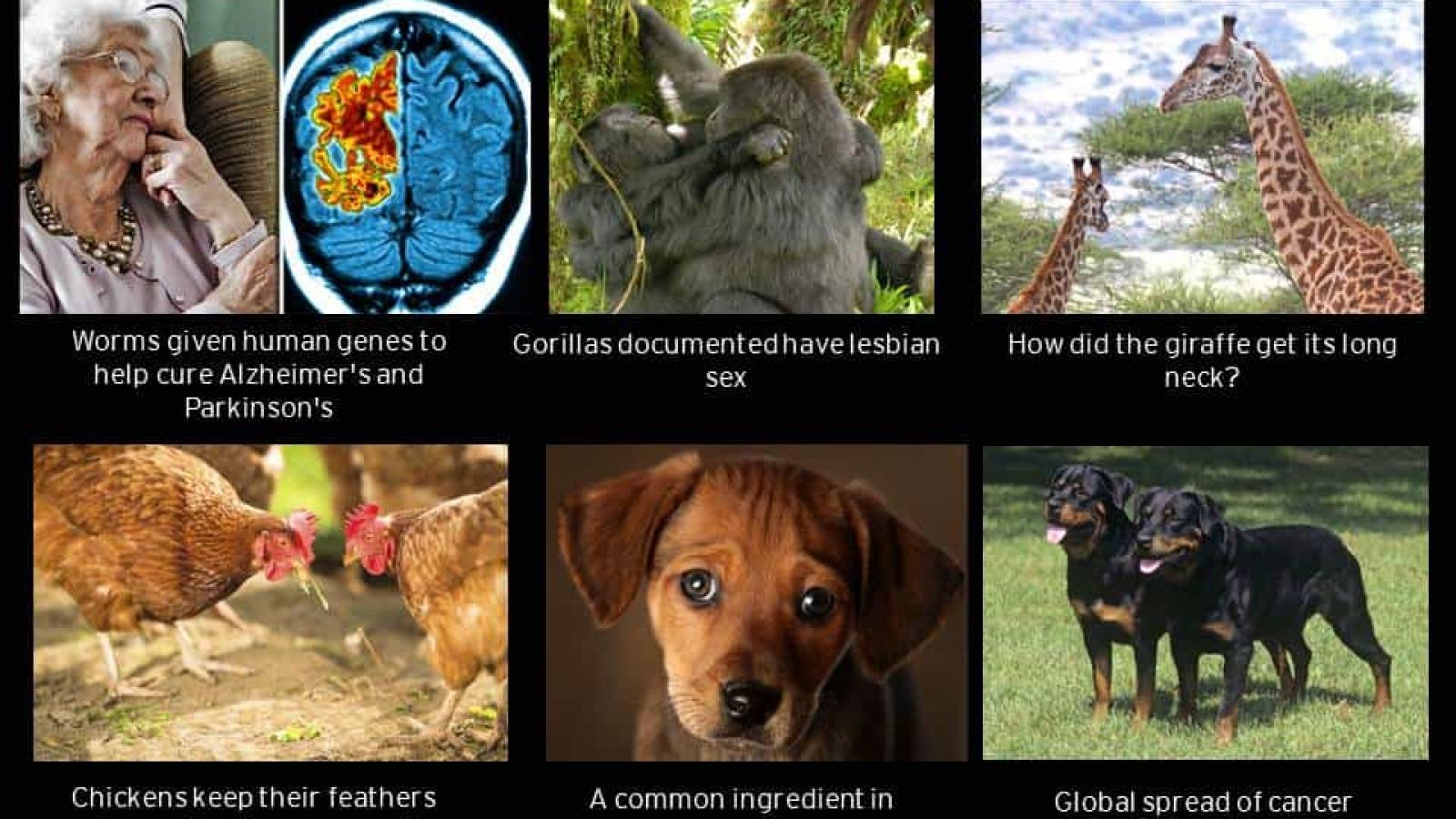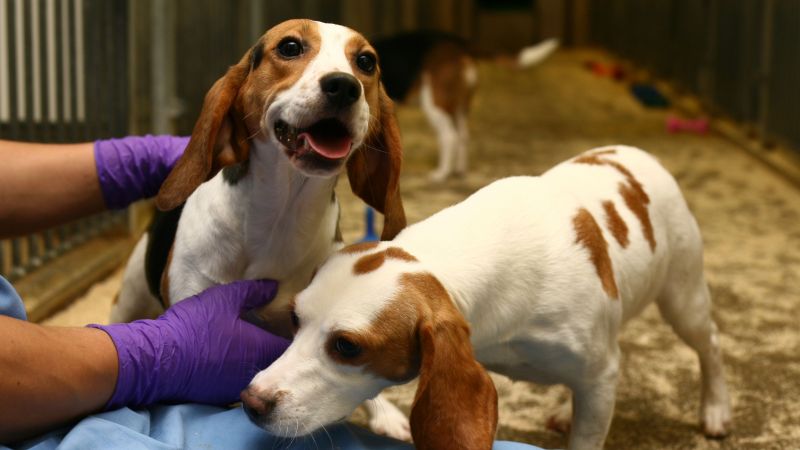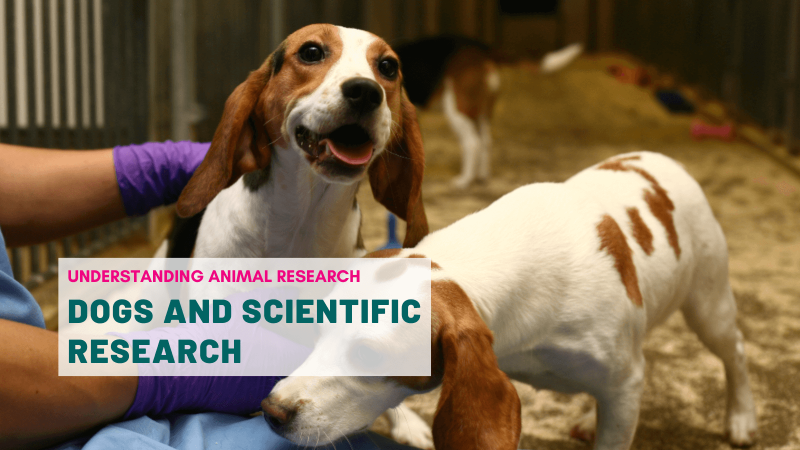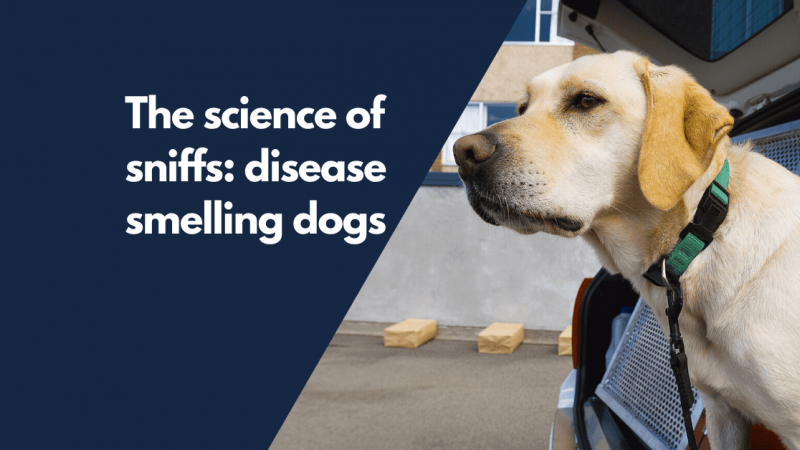Gorillas documented have lesbian sex.
Dr Grueter, from the University of Western Australia, has observed wild female gorillas engaging in lesbian activities. While some male gorillas have been found engaging in homosexual behaviour, this is the first time documented images of female gorillas have been taken. It is believed that these activities are purely for sexual pleasure and not indicative of the animals sexual orientation.
Worms are being given human genes relating to the neurological diseases Alzheimer's and Parkinson's.
Worms are being given human genes relating to the neurological diseases Alzheimer's and Parkinson's in order to understand which genes may make them more resilient to the diseases.
http://www.express.co.uk/life-style/health/670692/worms-help-cure-Alzheimer-s-Parkinson-s-disease
How did the giraffe get its long neck?
A giraffe neck contains seven elongated vertebrae and for blood to reach the brain, the heart must pump it to a height of two metres - a feat made possible by an unusual heart structure, blood pressure more than twice that of humans and thick-walled blood vessels. Researchers have discovered a host of genetic variations that could be behind these traits after sequencing the genome of two Masai giraffes. These genomes were compared to the okapi - the giraffe’s closest relative. Variations discovered in the giraffe’s protein-coding sequences were then compared with the corresponding genes of 40 other mammals, from camels to mice, and assessed for their influence. 70 genes with variations specific to giraffes were discovered and are believed to be behind the animal’s unusual adaptations. More than half of these genes were found to code for proteins that are involved in regulating the physiology or development of the cardiovascular system, neural system and skeleton, with some thought to influence factors such as which vertebrae become elongated.
Chickens keep their feathers after welfare improvements.
New study shows animal welfare initiatives improves feather cover of cage-free laying hens. Recognised welfare outcome assessments within farm assurance schemes have shown a reduction in feather loss and improvement in the welfare of UK cage-free laying hens, according to the findings of a study from the AssureWel project by the University of Bristol, RSPCA and the Soil Association.
http://www.bristol.ac.uk/news/2016/may/feather-loss-of-cage-free-laying-hens-.html
A common ingredient in chewing gum could poison your dog.
The FDA says that the sweetener is safe for humans, but affects dogs' pancreas. The US Food and Drug Association warned that xylitol, a class of sweetener found in sugarless chewing gum, breath mints, tooth past, and other household goods, had been linked to serious illness or death in dogs. Xylitol is perfectly safe for human consumption, the FDA says, but causes a significant release of insulin from a dog’s pancreas, resulting in a dramatic drop in the blood sugar.
http://www.independent.co.uk/news/science/xylitol-dog-poison-sweetener-chewing-gum-a7032786.html
Global spread of cancer transmitted between mating dogs is traced.
For the first time, researchers have traced the global spread of a baffling cancer transmitted between mating dogs. The tumour originated in a single dog 11,000 years ago but outlived its host by transferring to another dog - and is still on the march today. An international team led by Cambridge scientists mapped its progress based on DNA from 449 tumours in 39 countries. Some of the cancer's more recent travel between continents, they found, aligns with maritime trade routes.
http://www.bbc.co.uk/news/science-environment-36307771
Last edited: 9 March 2022 12:55




